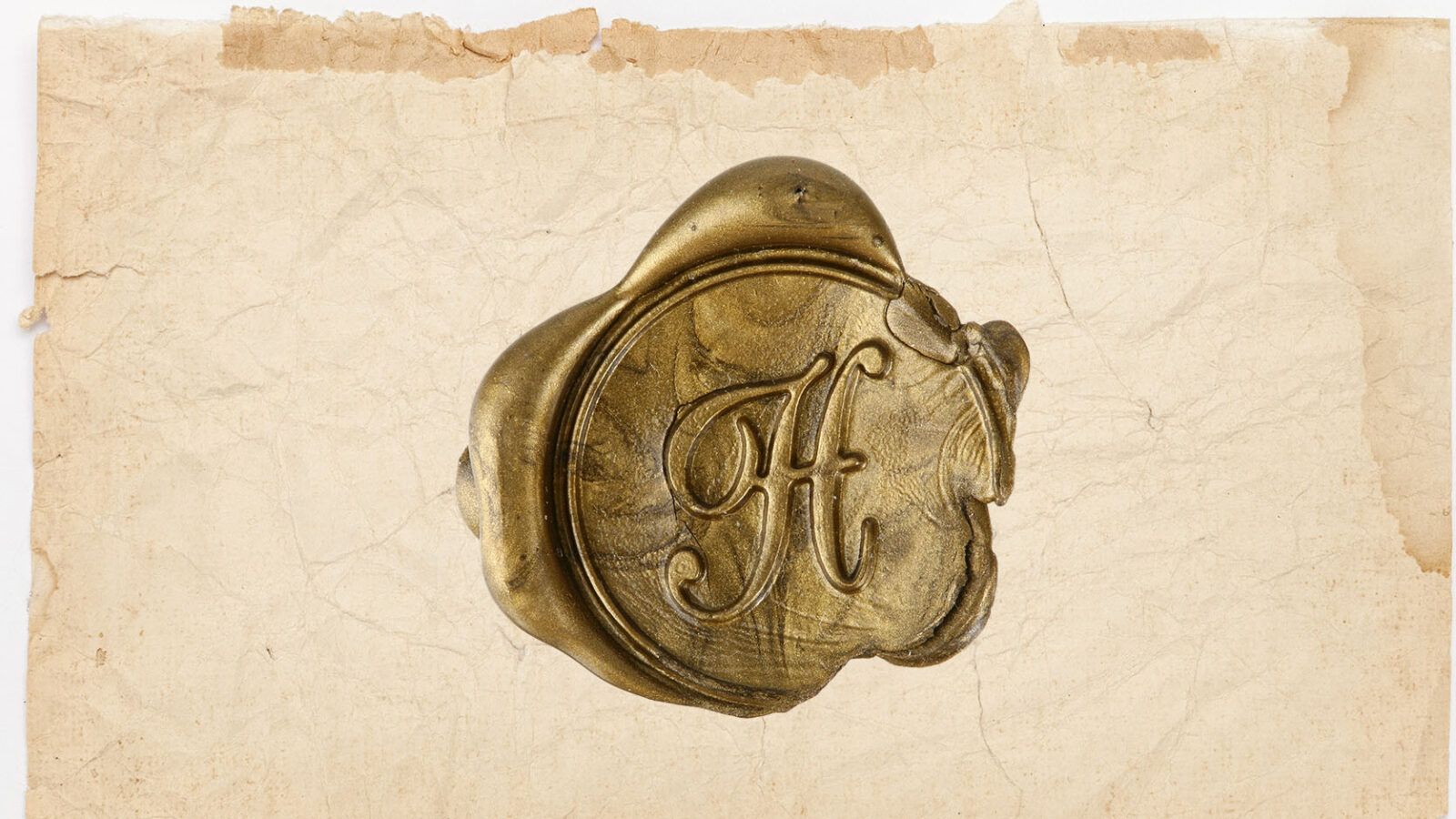Before expounding on this interesting title, I need to explain a little about Ephraim and Gilead.
Ephraim, as you would know, was the younger son of Joseph, the older boy being Manasseh. At the time of his approaching death, Jacob pronounced a blessing on Joseph’s sons, but placed his right hand on Ephraim, the younger, instead of on Manasseh the older son. This displeased Joseph who tried to correct his father (Genesis 48:9-20) But Jacob would have none of that saying, “his younger brother shall be greater than he”.
Now to Gilead. He came along a little later, for he was Manasseh’s grandson (Genesis 26:28). This is significant, for Ephraim became Gilead’s great-uncle when Gilead was born. More of that relationship shortly.
In Scripture, Gilead was a name not only for an area and a city but also for a man, the very man who was Manasseh’s grandson, who later became the head of his clan as it multiplied over the years. In fact, it was about 550 years later, after years of turmoil, not only between the Israelites and the Canaanite kingdoms but, sadly, also between dissident groups within Israel, that further trouble arose. One such incident involved the Ephraimites and the Gileadites, who became involved in a battle because of some hot-headed remarks by the Ephraimites against Jephthah, who led the men of Gilead.
The accusation was that Jephthah had not asked the men of Ephraim to assist him when he went to fight the Ammonites. Jephthah replied that that was not true, for when he was in a great struggle with Ammon, he called for Ephraim’s help but they did not come (Judges 12:1-3). So, to teach the Ephraimites a lesson, Jephthah rallied his forces and defeated them. Jephthah was indignant that the men of Ephraim had mocked him by saying, “You Gileadites are fugitives of Ephraim among the Ephraimites and among the Manassites.”
The men of Gilead had planned ahead, for they seized the fords of the Jordan before any of the men of Ephraim arrived at the river.
Before proceeding with this story, let me divert a little and refer to differing accents and dialects between people speaking the same basic language. No-one could mistake a Scot for an Englishman. Likewise, New Zealanders have their own inimitable way of pronouncing “i”s and South African’s can easily be identified by their unique accent when speaking English.
Back to our story. Because the men of Gilead were guarding the fords over Jordan after the battle, someone in their ranks recalled that the Ephraimites could not pronounce “Shibboleth” correctly, leaving out the “h”. So, when a man of Ephraim came and wanted to cross the river, he was asked to say, “Shibboleth”! Of course, the best he could do was to say, “Sibboleth”. With that he was immediately dispatched with a thrust of a sword. Sadly 42,000 Ephraimites died that day, on the battlefield and beside the Jordan.
What, then, can we learn of this somewhat obscure experience? The great loss of life could have been averted if the Ephraimites had responded to Jephthah’s appeal for help when engaging the Ammonites. The next point at which disaster could have been prevented, was for insults to be unspoken and hot-headed responses left unsaid. Apparently, family connections are forgotten in the heat of an impending battle. Once swords are flashing and javelins are thrusting, it’s every man for himself, without a thought of the impending disaster to their tribe.
And what a great matter can be decided upon by a simple inability to pronounce a word correctly! Never was the letter “h” so important!
William Ackland is retired in Cooranbong (NSW) and has written eight books.




